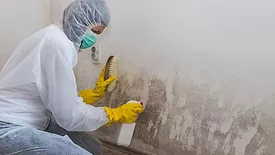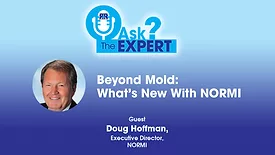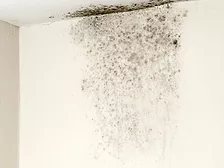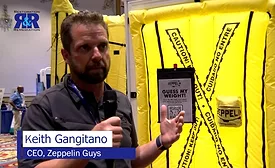Home » mold removal
Articles Tagged with ''mold removal''
How Can You Tell if Your Mold Remediation Is Good Enough for Sensitized Occupants?
Mycotoxin Testing Can Help
Read More
Stay ahead of the curve with our newsletters.
Get the latest industry updates tailored your way.
JOIN TODAY!Copyright ©2026. All Rights Reserved BNP Media.
Design, CMS, Hosting & Web Development :: ePublishing














